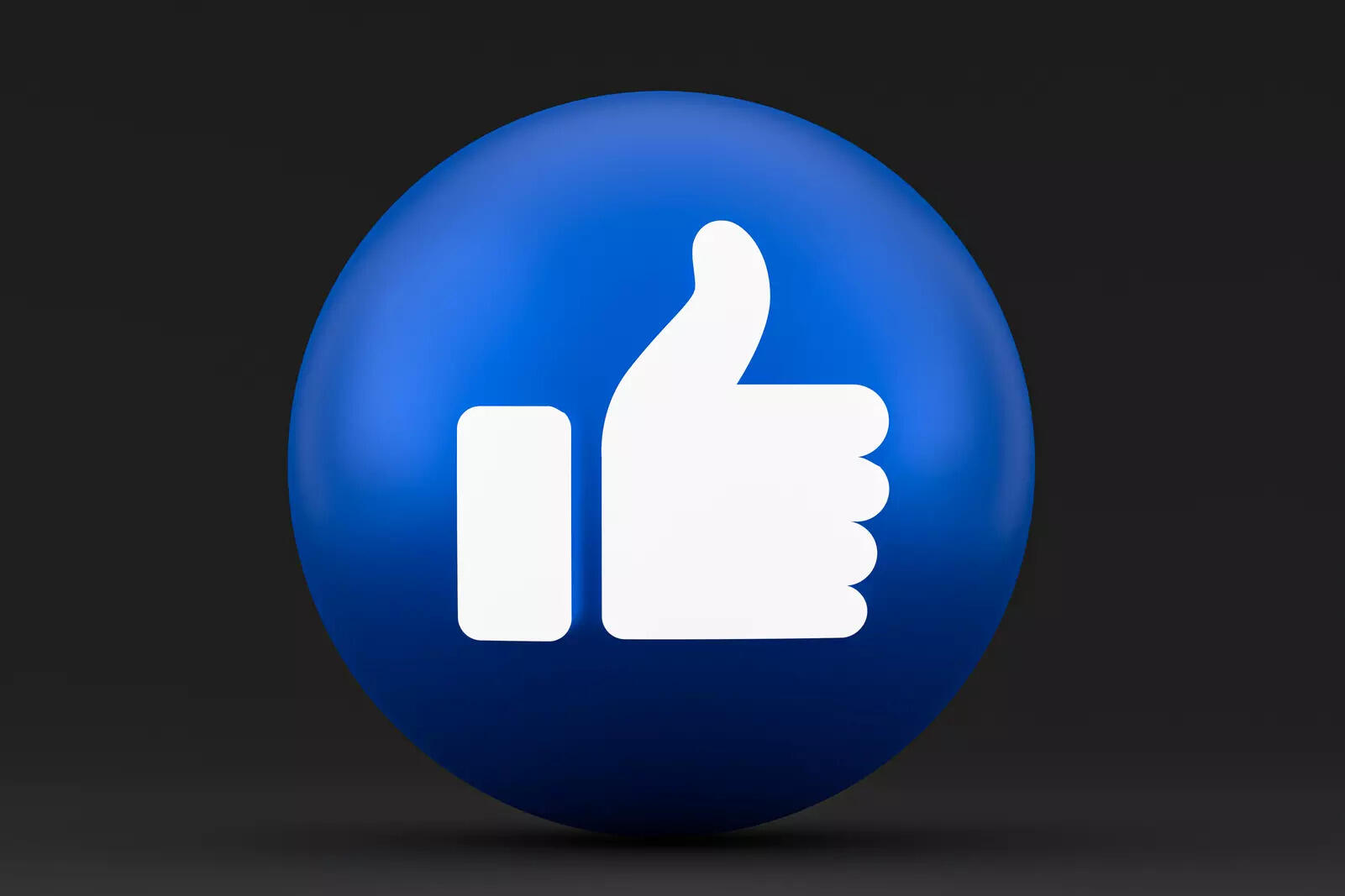Facebook Is Removing The Iconic ‘Like’ Button From External Websites, But There’s A Twist
Meta has announced that it will retire the iconic Facebook Like and Comment buttons from external websites starting February 10, 2026. This change is part of a broader initiative to modernise and simplify its tools for developers and website owners.
However, the update won’t affect the Like button on Facebook itself. Users can continue to like posts, photos, and videos on their accounts just as before.
What This Means for Websites
The removal primarily impacts social plugins, the Like and Comment buttons that appear on blogs, news portals, and other external websites. These buttons allow visitors to react or comment using their Facebook account, but Meta says their influence has diminished over time due to evolving internet trends and stricter privacy regulations.
Meta reassures website owners that the buttons won’t break any sites. After February 2026, the buttons will simply disappear, rendering as a 0x0 pixel (effectively invisible) without causing errors or disruptions. While developers don’t need to take immediate action, Meta recommends removing old plugin code for a cleaner website experience.
A Cultural Icon Comes to an End
First launched in 2009, the Facebook Like button quickly became a cultural phenomenon, changing the way people interact online. Brands and publishers relied on it to gauge popularity and engagement, making it one of Facebook’s most influential tools.
Over time, however, social media usage has fragmented across multiple platforms, and privacy regulations have tightened globally. As a result, the external Like and Comment plugins no longer have the same impact they once did.
Meta’s decision reflects the company’s focus on streamlining developer tools and adapting to modern digital norms, signalling a significant shift in Facebook’s web presence.

However, the update won’t affect the Like button on Facebook itself. Users can continue to like posts, photos, and videos on their accounts just as before.
What This Means for Websites
The removal primarily impacts social plugins, the Like and Comment buttons that appear on blogs, news portals, and other external websites. These buttons allow visitors to react or comment using their Facebook account, but Meta says their influence has diminished over time due to evolving internet trends and stricter privacy regulations.
You may also like
- Navy unveils crest of indigenous anti-submarine ship 'Mahe'
- Who Is Marco Acortes? The mystery man behind viral 2013 coronavirus tweet everyone is talking about
 Fadnavis govt reinstates Uddhav as Bal Thackeray memorial trust chief amid Shinde Sena's opposition
Fadnavis govt reinstates Uddhav as Bal Thackeray memorial trust chief amid Shinde Sena's opposition- Digital Personal Data Protection Rules: Centre mulls compressing timeline; cites industry's adherence to global data norms
- Bengaluru SHOCKER! Woman Sexually Harassed & Robbed While Walking Her Dog
Meta reassures website owners that the buttons won’t break any sites. After February 2026, the buttons will simply disappear, rendering as a 0x0 pixel (effectively invisible) without causing errors or disruptions. While developers don’t need to take immediate action, Meta recommends removing old plugin code for a cleaner website experience.
A Cultural Icon Comes to an End
First launched in 2009, the Facebook Like button quickly became a cultural phenomenon, changing the way people interact online. Brands and publishers relied on it to gauge popularity and engagement, making it one of Facebook’s most influential tools.
Over time, however, social media usage has fragmented across multiple platforms, and privacy regulations have tightened globally. As a result, the external Like and Comment plugins no longer have the same impact they once did.
Meta’s decision reflects the company’s focus on streamlining developer tools and adapting to modern digital norms, signalling a significant shift in Facebook’s web presence.









